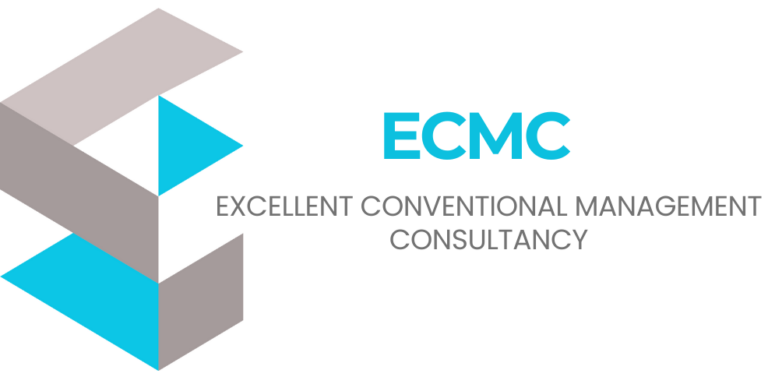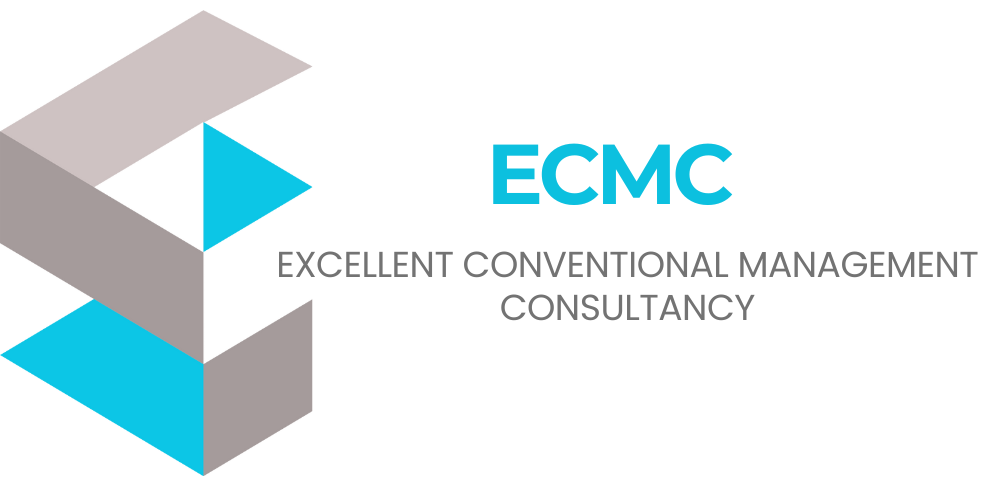
ISO Integrated Management Systems (IMS)
An Integrated Management System (IMS) is a single system incorporating the requirements of two or more auditable standards. Any combination that includes at least two of the following standards will be considered to be an integrated system.
Integrated systems will include a combination of:
- ISO 9001 (Quality)
- ISO 14001 (Environmental)
- OHSAS 45001 (Health & Safety)
Benefits of the integrated system:
This course trains organizations in the elements that are common to all standards and enables organizations to benefit from them.
An Integrated Management System (IMS) combines all aspects of an organisation’s systems, processes and Standards into one smart system. This merger allows a business to streamline its management, save time and increase efficiency by addressing all elements of the management system as a whole.
A successful IMS cuts the unnecessary hassle and work of multiple management systems. For example, instead of holding audits for each Standard, you will only need to hold one. An IMS allows these processes to be combined so that they simultaneously cover all Standard-specific requirements.
We also provide training, assessment, auditing, and system preparing as follows:
Strategic Quality Management System, including ISO 9001:2018
Creating an effective quality management system begins with the strategic quality planning process. It will be derived from benchmark information you have collected so that you are aware of how your quality compares against that of other organizations. You will develop effective quality processes and tools unique for your situation and link this to key business performance indicators to measure the impact of this plan and to ensure it is aligned with your organization’s overall strategic plan. This program will focus on the creation of your strategic quality plan, starting with the creation of a quality vision and translating that vision into a series of strategies.
Emergency Management and Business Continuity including ISO 22301:2019 (Business Continuity management system)
Participants explore the complex world of emergency and disaster management issues and learn the critical thinking and decision-making skills necessary to support and supervise comprehensive, integrated, and effective management in the event of natural, system-wide, or human-induced crises.
Through assessment of a broad range of modern disasters and complex emergencies, the program provides students with a working knowledge of needs, preparedness, service delivery systems, impact on communities, decision-making, and ethics.
The program is designed to introduce students to the six-step emergency planning process, the different tiers of planning (strategic, operational, and tactical), and processes involved in conducting a gap analysis and needs assessment (Planning, Data Collection, and Reporting) to determine the products students design, implement, evaluate and improve for the client. Participants will also be introduced to the different types of plans, policies, and/or programs developed in emergency management including Emergency Operations Plans (EOP), Continuity of Operations Plans (COOP), Emergency Action Plans (EAP), Standard Operating Procedures (SOP), Emergency Preparedness Policies, and Training and Exercise Programs (TEP) and integrate principles of Project Management including project approval and initiation.
ISO 56002:2019 (Innovation Management System)
This program is designed to develop the knowledge and skills necessary to move through the creativity and innovation process and take new ideas to the commercial marketplace, this program provides an intensive examination of the scope of demands of real-world innovation and product development, whether a tangible object, system or service.
Throughout this program, participants will learn to think about designing new or updated products, services, or processes, the logistics of implementing those ideas, and how to do it all in the corporate environment or entrepreneurial space. Leave this program equipped with the skills and expertise needed to operate in high-functioning teams and creative product- and service-development-focused environments.
ISO 31000 :2018 (Risk Management System)
The risk management program is designed to identify potential events that may affect the government and to protect and minimize risks to the government’s property, services, and employees. Effective risk management ensures the continuity of government operations. The importance of risk management has been growing steadily over the last several years for a variety of reasons including legal, political, and medical liability, increased use of technology, and higher litigation costs.
Risk management is geared to achieving a government’s objectives through strategic decisions that flow through high-level goals, effective use of resources, reliability of reporting, and compliance with applicable laws and regulations.
List of Other ISO Services
- ISO 9001:2015 Quality Management System
- ISO 14001:2015 Environment Management System
- ISO 10015:2019 Guidelines for competence management and people development
- ISO 45000:2018 Occupational Health and Safety
- ISO 10001:2018 Customer Satisfaction – Codes of Conduct
- ISO 10002:2018 Customer Satisfaction – Complaints Handling
- ISO 10003:2018 Customer Satisfaction – External Dispute Resolution
- ISO 22301:2019 Business Continuity Management System (BCMS)
- ISO 27001:2013 Information Security Management System (ISMS)
- ISO 56002:2019 Innovation Management System
- HACCP and ISO 22000 Food Safety Management System
- ISO 17025:2005 – Laboratory Quality Management Accreditation
- ISO 55001:2014 – Asset Management
- Joint Commission International (JCI) for health care organizations

